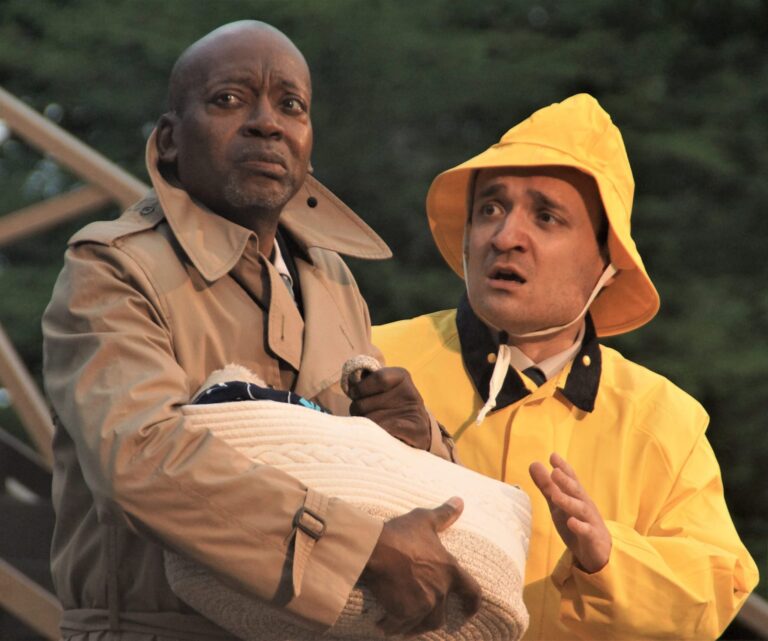The Winter’s Tale
Much more than the sum of its jealous, sexually threatened, angry, paranoid, violently sundering, new beginning, innocent, open, reconciliatory, and magical parts, The Winter’s Tale is to do with searching for redemption or reconciliation after something absolutely horrific has taken place. I wanted to direct this play in Buffalo in 2024 because I could think…
















